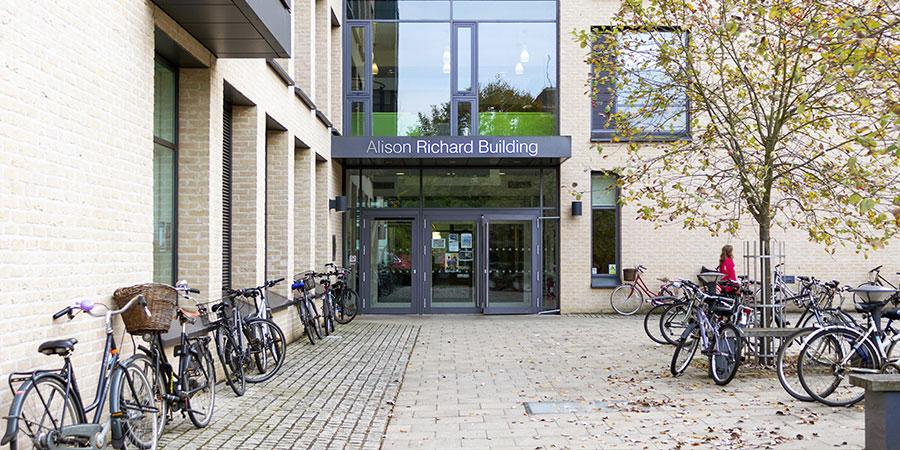
Submitted by Lorene on Mon, 29/04/2024 - 15:56
Cambridge Language Sciences hosted a hybrid seminar in Cambridge on 15 March on the use of artificial languages to better understand second language learning.
The event showcased findings of an ongoing research collaboration between researchers in Theoretical & Applied Linguistics at Cambridge and at the Institute of Cultural Sciences at Chuo University, Japan. The seminar also provided a welcome opportunity to hear from other leading researchers in the field.
The talks were well received and attended by around 40 delegates, who brought a multidisciplinary perspective to the research seminar. Participants included a delegation from Chuo, and researchers from Lancaster, Edinburgh, and Anglia Ruskin universities, as well as from the Faculty of Asian and Middle Eastern Studies, Theoretical and Applied Linguistics, the Department of Engineering, and the Department of Computer Science and Technology at Cambridge.
Dr Junya Fukuta, PI of the Cambridge-Chuo project team, opened the event with a talk on “Universality and cross-linguistic influences on the acquisition of unconscious linguistic knowledge” with contributions from Takayuki Kimura, John Matthews, John Williams, Yuyan Xue, Boping Yuan and Shigenori Wakabayashi.
Professor Patrick Rebuschat followed with a presentation on “What can cross-situational statistical learning tell us about bilingual development and second language acquisition?”.
András Bárány, Professor Michelle Sheehan and Professor John Williams co-presented “Incidental learning of attested and unattested ditransitive alignment types”.
Professor Jennifer Culbertson closed the talks with a presentation on “Testing linguistic theories using artificial languages”. Discussions continued during a drinks reception in the foyer of the Alison Richard Building.
Dr Junya Fukuta said that the Chuo-Cambridge research collaboration was undoubtedly strengthened by the seminar, adding that “The seminar provided a valuable platform for researchers from both institutions to exchange ideas, share expertise, and explore new avenues of collaboration.”
Professor Shigenori Wakabayashi added “The REAL seminar was a genuine endeavour to launch interdisciplinary approaches in the use of Artificial Languages. The seminar was very well organized, and the warm atmosphere and hospitality from the University of Cambridge were most appreciated. I sincerely hope the REAL seminar will continue to lead to new avenues of collaboration among researchers in language sciences.”
Cambridge Language Sciences and Chuo and the Chuo University Institute of Cultural Sciences (ICS), signed an inter-institutional agreement of cooperation in 2020, which provided the catalyst for this joint project. The aim of the agreement is to further facilitate research exchange and collaboration across countries and disciplines through activities such as joint research and academic networking such as the Chuo research seminar.
Many thanks to all who attended the research seminar, with special thanks to the research team at Chuo University and volunteers who helped during the event.
